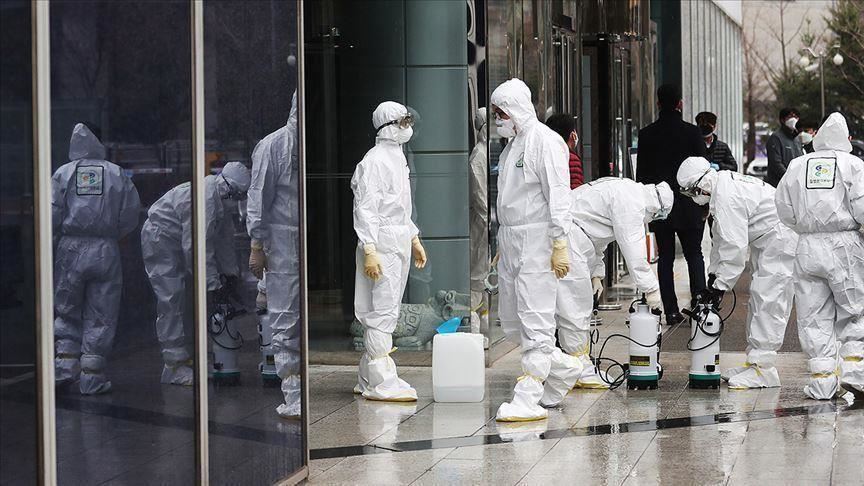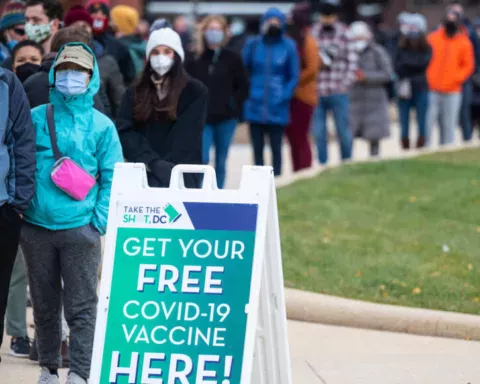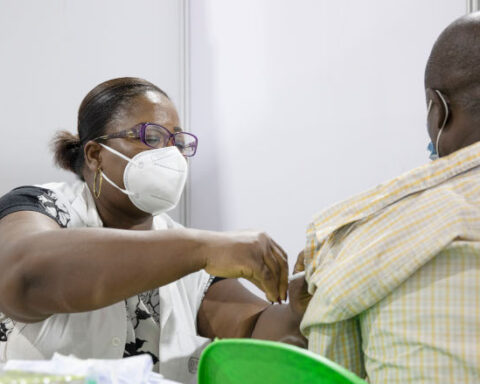MANILA, PHILIPPINES (15 December 2020) — The $2 million grant comes from the Japan Fund for Poverty Reduction financed by the Government of Japan. The TA will direct resources toward ADB projects in the social sector, particularly health, education, and social protection; as well as the water and urban sectors, focused on water supply, sanitation, wastewater, and solid waste management.
Preliminary countries identified to participate in the TA are Bangladesh, Mongolia, Nepal, Pakistan, the Philippines, Sri Lanka, and Uzbekistan.
“As highlighted by the COVID-19 pandemic, safely managed WASH services, as well as hygienic behavior, are fundamental to protect human health from infectious disease outbreaks,” said ADB Principal Water Resources Specialist Coral Fernandez Illescas. “This technical assistance will therefore support strengthened WASH+H awareness, evidence-based practices, investments, hygiene behavioral change for COVID-19 infection prevention and control, and impact mitigation in project preparation and implementation.”
About 3 billion people globally and nearly three-quarters of people in least-developed countries lack basic home handwashing facilities with water and soap. Globally, almost half of all schools lack handwashing facilities, affecting 900 million school-age children, while 43% of health care facilities lack hand hygiene at points of patient care. Studies consistently show that increasing knowledge of handwashing, even in settings where access to reliable water supply exists, is not sufficient to motivate behavior change.
The TA will make additional resources available to promote infection prevention and control through an effective and sustainable WASH+H program, with particular focus on the poor and marginalized. The program will support multi-sector and multi-stakeholder awareness raising, knowledge and capacity building, policy dialogue, and strategy development. This includes activities to raise awareness, strengthen capacity, and identify policy gaps and bottlenecks, and recommend measures to address them.






